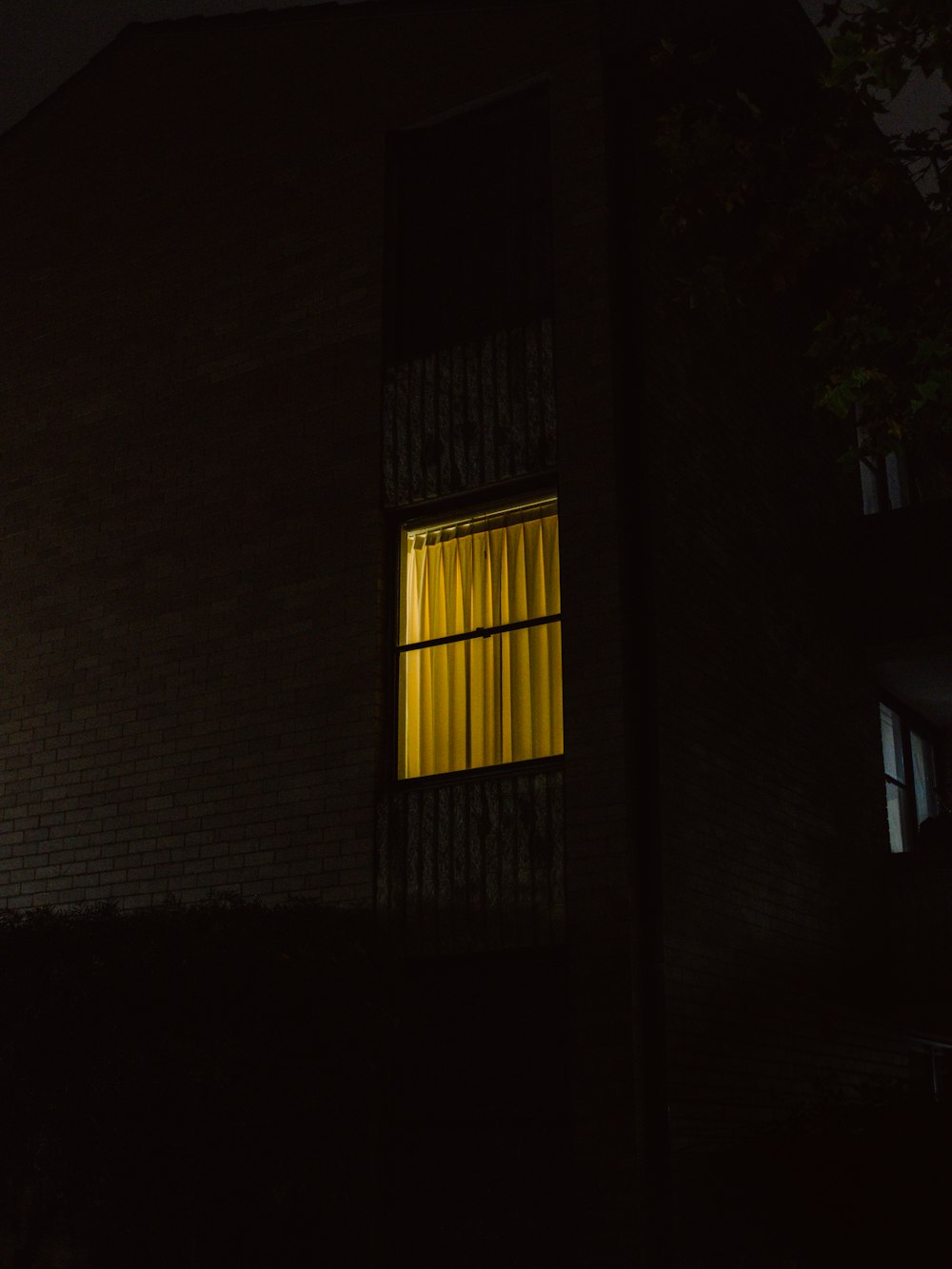Just about everyone has had a morning where they wake up grouchy and irritable after a poor night’s sleep. It can be hard to concentrate and focus during the day when you are still so tired.
But what happens when this isn’t just an occasional occurrence, but something that happens almost every night? This is the exact situation that individuals with untreated obstructive sleep apnea face.
In fact, new research has further strengthened the link between sleep apnea and an individual’s risk for depression and cognitive decline. Here’s what you should know.
Sleep Apnea and Depression

A recent study in China looked at over 9,000 individuals to evaluate their health status based on sleep and other factors. As Sleepopolis reports, “The results showed that people with self-reported sleep apnea were more than two times more likely to have symptoms of depression. When researchers removed any factors that could cloud the results, they still found people with sleep apnea had a 136 percent higher chance of experiencing depressive symptoms than other people.”
Research also determined that people with more severe sleep apnea symptoms had a higher risk of depression. People with mild sleep apnea still had a greater risk of depression than the average population, but their risk was not as high as people with more severe sleep apnea.
While the study cannot confirm that sleep apnea causes depression, it did confirm that there is a distinct relationship between the two conditions. The researchers concluded that the link was strong enough to indicate that sleep apnea increases your risk of depression, and that appropriately treating it could help relieve depressive symptoms.
Sleep Apnea and Cognitive Decline

Sleep apnea has long been associated with a variety of cognitive issues, including Alzheimer’s disease. Because sleep apnea reduces both sleep quality and sleep quantity, it creates a perfect storm for harming a person’s mental capacity. But a recent study of men who had recently been diagnosed with obstructive sleep apnea shows just how much this disorder can affect cognitive function.
Notably, the study participants only had an obstructive sleep apnea diagnosis. They didn’t have other conditions linked to obstructive sleep apnea, such as hypertension, that could also contribute to poor cognitive performance.
As Science Alert explains, “In cognitive tests, the men with OSA scored lower for sustained attention, executive functioning, short-term visual recognition memory, and social and emotion recognition than the control group. The more severe the OSA, the worse the scores compared to the control group.”
The researchers involved in this study believe that sleep apnea’s interference with blood oxygen and carbon dioxide levels could be to blame for the study participants’ poor cognitive performance.
So, What Does This All Mean?

These two studies highlight just how severe of an influence untreated sleep apnea can have on your mental well-being. While depression and cognitive health are complex issues that often can’t be attributed to a single source, the evidence shows that individuals with sleep apnea are more likely to experience these severe mental health problems.
Because of this, targeting sleep apnea — finding a way to keep it under control — could prove key in managing your mental health. Depression often manifests through symptoms like prolonged poor mood, loss of interest in favorite activities, low appetite, and poor sleep habits. Identifying these symptoms in yourself should lead to a visit with a specialist to determine the root of the problem.
As part of this process, you should carefully consider your sleep quality. Do others complain about you snoring or gasping for breath during sleep? Do you often wake up feeling tired and fatigued — like you didn’t actually get enough sleep at night? Do you wake up with a headache or dry mouth?
If you suspect that you are also struggling with obstructive sleep apnea, you should schedule a sleep study to determine whether you are suffering from this or another sleep disorder. By diagnosing sleep apnea, you can then get a prescription for a CPAP machine, which provides a steady flow of pressurized air to keep your airways open throughout the night.
Based on the results of these recent studies, a CPAP prescription won’t just help you feel physically better-rested. It could also improve your mental health and cognition by directly addressing the key underlying contributor to these problems.
Of course, a CPAP machine on its own may not inherently resolve your issues with depression. However, improved sleep can dramatically improve your mood and cognitive ability. By continuing to work with a qualified health professional to address your mental health concerns while also improving your sleep quality, you can take control of all aspects of your well-being.
Get the Care You Need With a CPAP Machine
Using a CPAP machine may take some getting used to, but it is ultimately the best way to ensure that you get restful, uninterrupted sleep that will leave you physically and mentally refreshed. By taking steps to get enough sleep, you are also taking care of your mental health.
Unfortunately, getting a CPAP machine can be expensive, especially if you don’t have health insurance. This is where No Insurance Medical Supplies can help. We offer high-quality CPAP machines from ResMed and other leading manufacturers for hundreds of dollars off of MSRP. Most purchases of $99 and over qualify for free shipping, and purchases of $500 and up also qualify for interest-free financing.
With No Insurance Medical Supplies on your side, you can get the sleep you need to preserve your mental health without stressing out about your budget.

